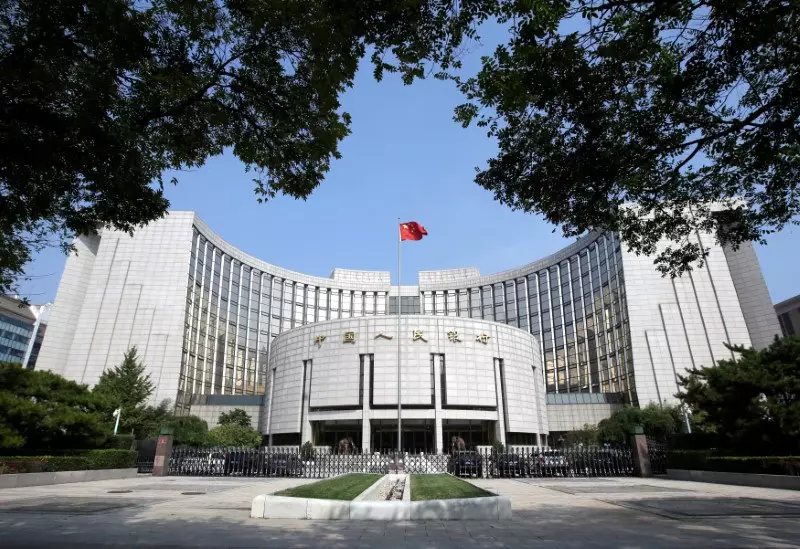China’s bond market, currently the second largest in the world, has been experiencing a period of volatility and uncertainty. The central bank’s heavy intervention to counter a plunge in yields has left many investors on edge. Despite the struggling economy, some investors remain optimistic about the future of government bonds in China. They point to factors such as deflationary pressures and low investor appetite for riskier assets as reasons to believe in a continued bull market.
Market Resilience and Peer Pressure
Even in the face of unprecedented government actions to cool down the treasury market, some investors continue to remain bullish. A bond fund manager based in Beijing, who chose to remain anonymous, expressed confidence in the market’s resilience. The pressure to generate returns in a challenging economic environment has driven some investors to maintain a positive outlook despite the current situation.
China’s central bank has issued warnings regarding the risks of speculative bubbles in the bond market. The recent moves by the People’s Bank of China (PBOC) to address these concerns have created a new battleground for regulators and investors alike. The top-down regulation of China’s financial markets sets it apart from Western counterparts, presenting unique challenges and opportunities for market participants.
The recent actions taken by the central bank, including the increase in the purchase and sale of treasury bonds, have sparked mixed reactions among investors. While some have adopted a cautious approach in response to the market turmoil, others remain optimistic about the potential for long-term gains. The fluctuating yields and increased volatility reflect the ongoing tension between regulators and market forces.
Future Outlook and Economic Considerations
As China’s economy continues to face challenges, the stability of its financial markets remains a topic of debate. The impact of government interventions on bond prices and yields is a key concern for investors looking to navigate the evolving landscape. While some see the current situation as a temporary setback, others view it as a sign of broader structural issues that could affect market dynamics in the long run.
China’s bond market is facing a period of uncertainty and change. The recent interventions by the central bank have brought new challenges and opportunities for investors. The resilience of the market in the face of economic pressures and regulatory changes will determine its future trajectory. As investors weigh the risks and rewards of investing in Chinese bonds, a cautious yet optimistic approach may be necessary to navigate the evolving landscape.

